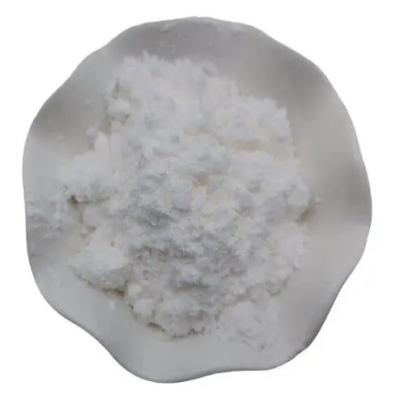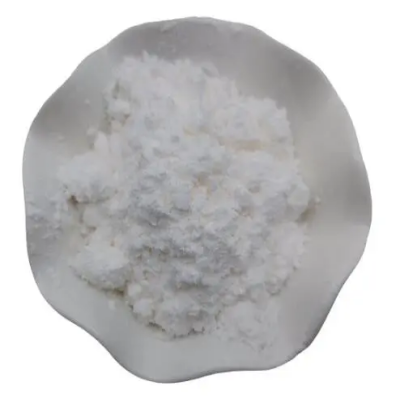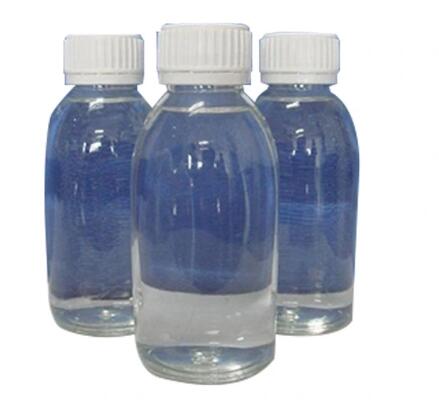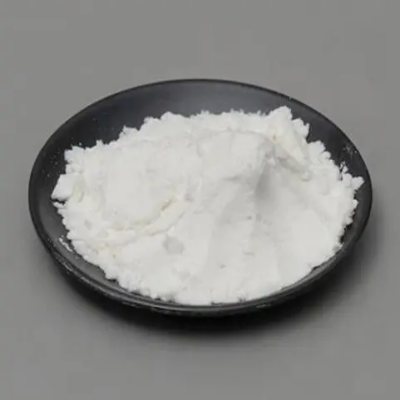5-Bromo-2-chloropyridine CAS:53939-30-3
The synthesis of 5-Bromo-2-chloropyridine typically involves synthetic routes utilizing commercially available starting materials. Methods often include the bromination of 2-chloropyridine to introduce the bromine atom at the 5-position. Analytical techniques such as NMR, IR, and mass spectrometry are crucial for confirming the compound's structure and purity. Molecularly, 5-Bromo-2-chloropyridine consists of a pyridine ring substituted with chlorine at the 2-position and bromine at the 5-position. This structural arrangement provides avenues for further chemical modifications and interactions with biological targets. Pharmacological Significance and Potential Applications The structural features of 5-Bromo-2-chloropyridine make it a promising candidate for pharmaceutical research. Pyridine derivatives have been investigated for various pharmacological activities, including antimicrobial, anti-inflammatory, and antitumor effects. The presence of both bromine and chlorine substituents may influence the compound's pharmacokinetics and interactions with biological targets, potentially enhancing its therapeutic efficacy. 5-Bromo-2-chloropyridine may serve as a scaffold for developing drug candidates targeting infectious diseases, inflammatory disorders, and cancer. Additionally, the combination of bromine and chlorine substituents can offer opportunities for structure-activity relationship studies to optimize pharmacological properties and improve therapeutic outcomes. In conclusion, 5-Bromo-2-chloropyridine presents a unique molecular scaffold with significant pharmaceutical implications. Further exploration into its synthesis, pharmacology, and medicinal chemistry is essential to fully realize its therapeutic potential and applications in drug discovery and development.



| Composition | C5H3BrClN |
| Assay | 99% |
| Appearance | white powder |
| CAS No. | 53939-30-3 |
| Packing | Small and bulk |
| Shelf Life | 2 years |
| Storage | Store in cool and dry area |
| Certification | ISO. |






![[[(1,1-dimethylethoxy)carbonyl]amino]-2,4,5-trifluoro-(R)-benzenebutanoic acid CAS:486460-00-8](https://cdn.globalso.com/xindaobiotech/VYH6FUCIIBE_I7B6OOPY227.png)


